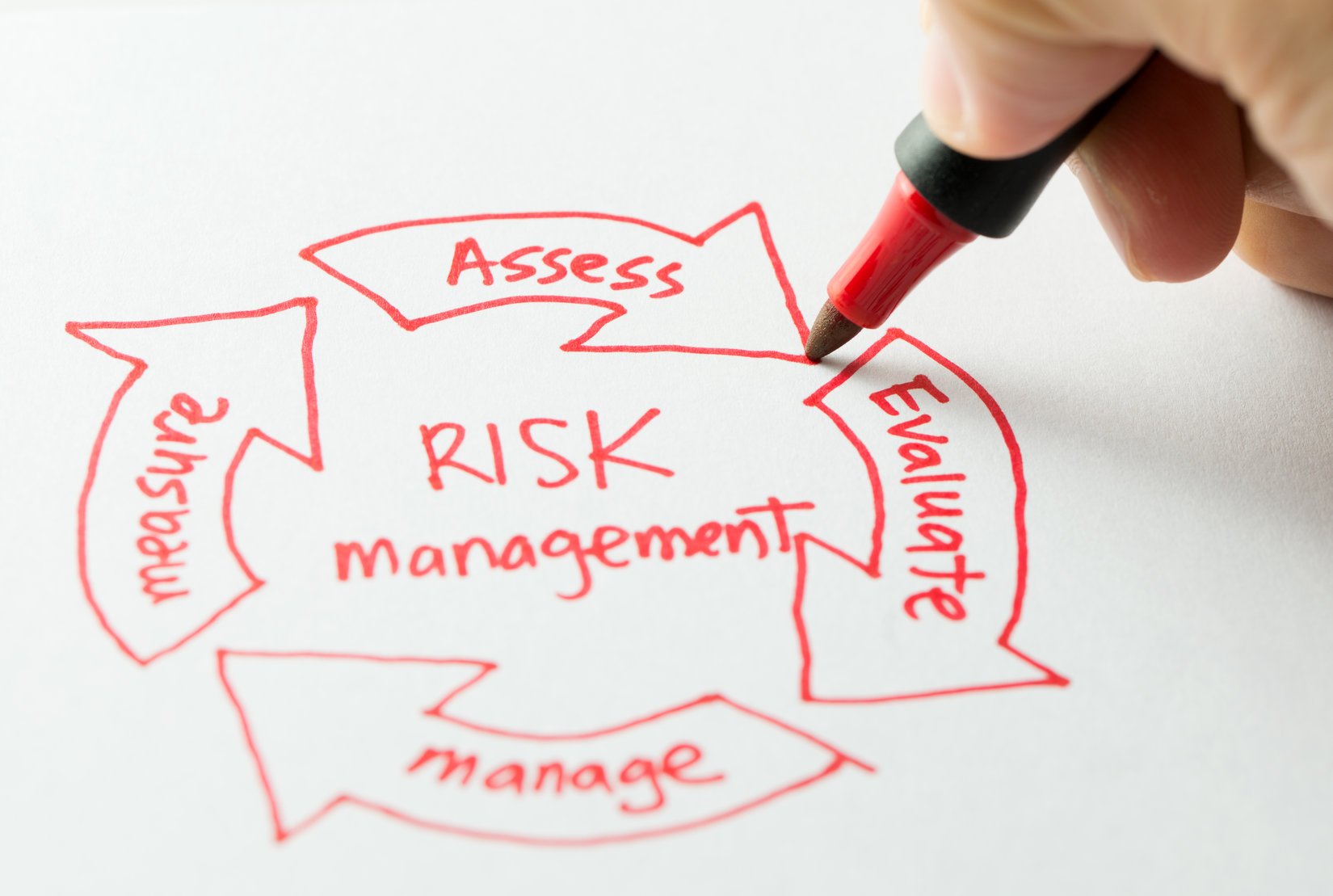We know, as a merchant, you try your best to provide swift and attentive customer service, and exceptional goods and services. It may seem like consumers have no valid reasons to file a chargeback, but they still happen. With chargeback disputes favoring the customer over the merchant, it’s not easy to prove your innocence, and can often result in fees and lost merchandise. It’s important to be aware of the lengthy process that merchants need to go through, and why it’s so important for businesses not to accept chargeback disputes as an unfortunate byproduct of doing business.
Below are three reasons why, as a merchant, chargeback disputes are so important.
Reason #1: Chargebacks threaten revenue.
Each time a consumer files a chargeback, the merchant is forced to pay a fee. Even if the consumer later cancels the chargeback, the merchant still has to pay the cost associated with the transaction. Merchants are responsible for any fees or fines. Additionally, if the customer files a chargeback and subsequently keeps the merchandise, the merchant loses any revenue and potential profit.
Reason #2: Chargebacks can put merchant accounts at risk.
If you don’t dispute chargebacks and your monthly chargeback rates exceed a certain threshold, merchant accounts can potentially be terminated by the acquiring bank. With no bank to process credit cards through, this means no online ordering and an inability to accept credit cards. If an account is terminated, the merchant company will be blacklisted and unable to obtain a new account with a different bank for five years.
Reason #3: Banks assume the merchant is in the wrong.
If you don’t fight chargebacks, banks assume merchants are guilty. By accepting the chargeback without dispute, the merchant validates the bank’s impression. Repeated chargeback complaints sully a company’s reputation. Challenging only SOME chargebacks can be even worse! If you only fight occasionally, banks assume you are only occasionally blameless. If merchants regularly dispute charges, banks file fewer chargebacks against them, and merchants can impress upon the bank the integrity of the company.
It’s important for merchants to do everything they can to prevent chargebacks from happening. Successful chargeback reversals can recover revenue, can repair reputations, and can ensure long-term chargeback reduction. Engaging in chargeback disputes sends a message to consumers and banks that filing a chargeback will not automatically result in an automatic win for the consumer. Check out our article on chargeback management for even more information.












